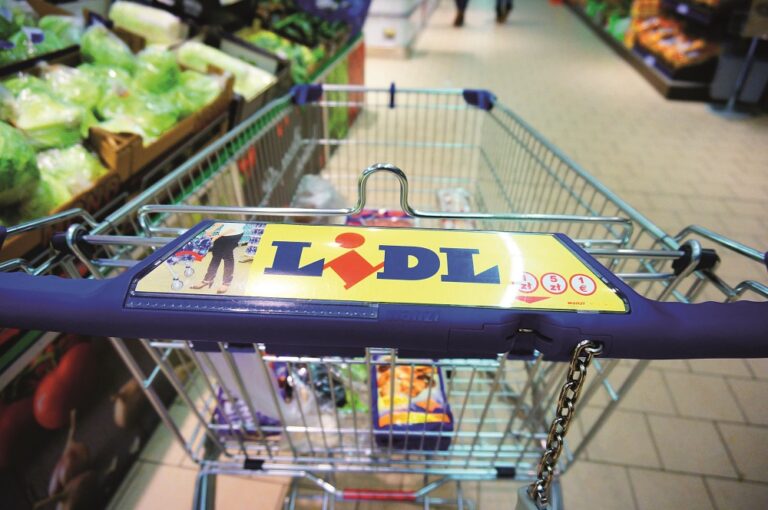The latest take-home grocery figures from Kantar show that supermarket sales rose by 0.1% in the 12 weeks to 10 July 2022. This is the first time the market has registered growth since April 2021. Supply chain issues have driven costs up across the industry and like-for-like grocery price inflation now stands at 9.9% over the past four weeks.
“Grocery prices continue to soar to near record-breaking heights and have jumped by another 1.6 percentage points since last month,” said Fraser McKevitt, head of retail and consumer insight at Kantar. “This is the second highest level of grocery inflation that we’ve seen since we started tracking prices in this way in 2008 and we’re likely to surpass the previous high come August. With grocery price inflation at almost 10%, people are now facing a £454 increase to their annual grocery bills.
As prices rise, shoppers are adjusting their behaviour. “People are increasingly turning to own-label products to drive down the cost of their weekly shop,” said McKevitt. “Supermarkets’ own lines are growing by 4.1% this period, while sales of branded items have fallen by 2.4%. It’s a complex picture and the grocers are busy negotiating with their suppliers to mitigate impact at the tills as far as possible. We’ve seen this play out in the headlines in recent weeks, with some well-known brands temporarily disappearing from supermarket shelves over pricing disputes.”
Lidl was the fastest growing supermarket again this period, with sales up by 13.9%. Aldi was also in double-digit growth, boosting its sales by 11.3% compared with last year. “Over 67% of people in Britain shopped in either an Aldi or a Lidl in the past 12 weeks, with 1.4 million additional households visiting at least one of the discounters in the latest three months compared with last year. Both retailers reached a new market share high over the past three months. Lidl now holds 7.0% of the market while Aldi climbed to a 9.1% share.”
Tesco returned to growth this period for the first time since October, the retailer boosted its sales by 0.1% and retained a market share of 27.1%. Ocado was the only other retailer in growth, holding its market share steady at 1.8% while its sales were up 0.7%.
Sainsbury’s holds 14.9% of the market, followed by Asda at 13.7%, and Morrisons 9.4%. Co-op achieved a 6.3% market share this period and Waitrose stands at 4.6%. Frozen food specialist Iceland held its market share flat at 2.3%.


